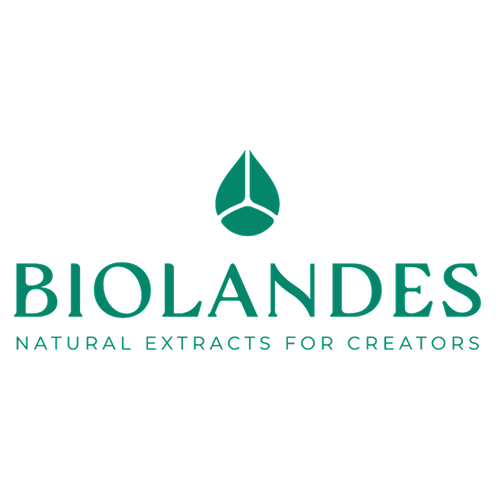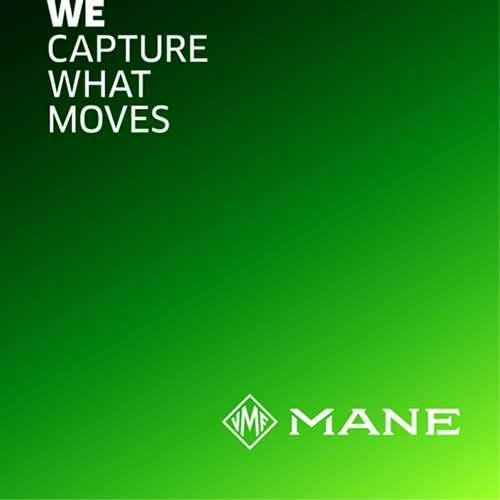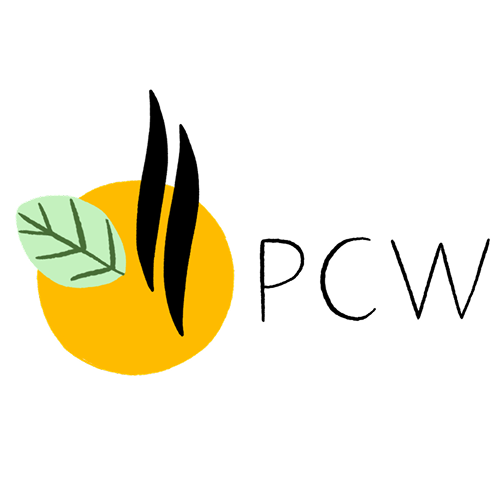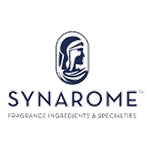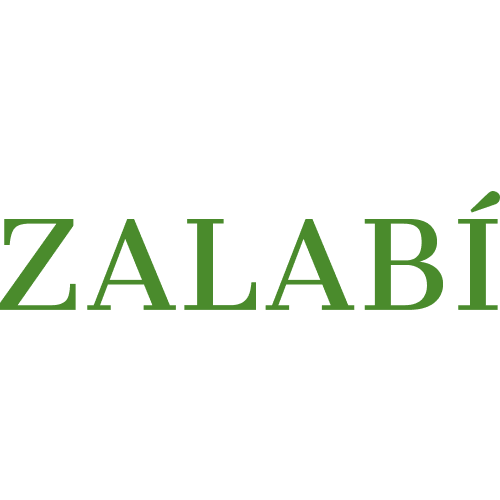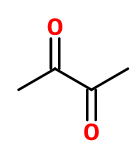
Photo credits: ScenTree SAS
| Company | Ingredient Name | ID | Comments | Naturality | Certifications | MOQ | Purity |
|---|---|---|---|---|---|---|---|
|
|
Diacétyl - 30gr | - |
Visit website
|
- | - | - |
General Presentation
-
CAS N° :
431-03-8 -
EINECS number :
207-069-8 -
FEMA number :
2370 -
FLAVIS number :
07.052
-
JECFA number :
408 -
Volatility :
Head -
Price Range :
€€
Physico-chemical properties
-
Appearance :
Yellow liquid -
Density :
0,981 -
Refractive Index @20°C :
1.393 - 1.397 -
Optical rotation :
Data not available. -
Vapor pressure :
52.204 mmHg @20°C -
Flash Point :
7°C (44,6°F)
-
Molecular formula :
C4H6O2 -
Molecular Weight :
86,09 g/mol -
Log P :
-0,47 -
Fusion Point :
Donnée indisponible. -
Boiling Point :
88°C (190,4°F) -
Detection Threshold :
De l'ordre de 0,3 à 15 ppb (0,0000015%). Son seuil de reconnaissance est de 5 ppb environ.
Chemistry & Uses
Uses in perfumery :
Diacetyl is not so often used in perfumery. Used in vanillic, caramel and fruity notes for a butter, natural and pastry effect.
Year of discovery :
Data not available.
Natural availability :
Diacetyl is contained in many fruits and in butter, among others. It is extracted from certain fruits in its natural state.
Isomerism :
Diacetyl does not have any isomer used in perfumery.
Synthesis precursor :
Diacetyl is not a precursor to the synthesis of another compound of olfactory interest.
Synthesis route :
Diacetyl is synthesized in several possible ways. The most common is the catalytic dehydrogenation (with copper and chromium) of 2,3-butanediol. Biochemical pathways are also widely used on an industrial scale.
Stability :
Stable in perfumes and diverse functional bases
Other comments :
In comparision to Acetoin, Diacetyl is much more used in perfumery. It also is more powerful.
IFRA
IFRA 51th :
This ingredient is not restricted for the 51th amendment






